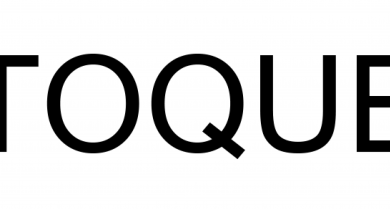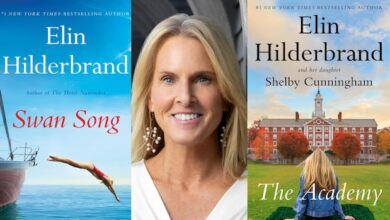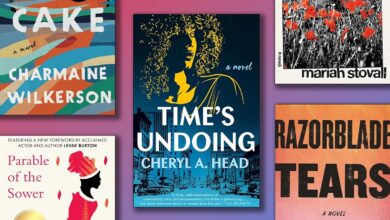Why Some Books are “Life Ruiners”

Reading can open our minds to new perspectives, ultimately spurring self-growth and transformation. Some books find us at the right time in our lives, their wisdom lingering in our minds long after the final page, forever shifting our worldview.
Research from the University of Toronto found that reading fiction does, in fact, shape our personality. People who read fiction are more empathic, more likely to behave in altruistic ways, and increasingly open to new ideas and experiences (Djikic, M., & Oatley, K., 2014).
Sarah Chihaya, author of the memoir Bibliophobia, has found books to provoke deep emotional responses that have ultimately changed her life in many ways. She coined the term “life ruiners” to describe books that, after reading them, leave you forever changed. I spoke with Chihaya on books’ power to change us.
Heather Rose Artushin (HRA): Share a bit about your background and what inspired you to write about the power of reading.
Sarah Chihaya (SC): For as long as I can remember, I have shaped my life around books. I was an unstoppable reader as a child, and followed that passion to a career in academia.
I have always been fascinated by the visceral responses books bring out in us, especially as a teacher, and I wanted to think about the confusing reactions we have to them—whether that’s inexplicable love or revulsion or obsession. I think that the way we respond to what we read and how we do it can show us a lot about who we are.
HRA: What are “life ruiners,” and how do these books shape us?
SC: The name “life ruiner” is a little misleading and a little tongue-in-cheek. Basically, it’s a book that changes your perspective—that makes you see things you can’t unsee. This is sometimes heartbreaking, but sometimes sublime, and occasionally both.
I think that a lot of readers can think of a book like this, a book you’ve never really gotten over. A “life ruiner” does change the way you think, maybe even who you are, but often in ways that are necessary. It’s not necessarily a novel—it can be a poem, a film, a piece of music, any work that really reaches out and grabs you.
HRA: How did books play a role in your mental health journey? In what ways has reading been therapeutic for you, personally?
SC: Books have always provided a way to process the self for me—long before I had my first therapy appointment, analyzing literature gave me a way to critically reflect on my own life, even if I didn’t realize I was doing so at the time. It’s impossible to think of who I am without reading—reading books first taught me how to read the world around me. Being a reader has helped me identify the plots and narrative patterns that I find myself rehearsing.
HRA: How does being an avid reader empower us to rewrite our own life’s narrative, one day at a time?
SC: I think learning how narrative functions helps us see the stories that work in us and on us. We so often find ourselves repeating or relying on certain plots, based on what we think we “know” about ourselves or our settings. Being challenged by books can help us think beyond those limitations, and help us see ourselves more clearly sometimes.
HRA: What are the five books that have most changed your life?
SC: This is the hardest question! All of the books I write about in Bibliophobia are books that have somehow changed my life. I’ll choose two books that I wrote about in it, and three that I didn’t.
First of all, Toni Morrison’s The Bluest Eye was the first book I remember really jolting me awake—it showed me that the world was bigger and more complicated than I’d been told, and made me start to see the myths we tell in this country about race and beauty for what they are. A.S. Byatt’s Possession is still the book that I will refer to as my “favorite” if forced, though that’s not really a category I believe in.
As for books not included in Bibliophobia, Elena Ferrante’s My Brilliant Friend was the topic of my first book, and is one of the best depictions of the compromises and choices that women make. Gustave Flaubert’s Madame Bovary is a book I think about at least once a week. And W.G. Sebald’s The Rings of Saturn is the book that has most influenced the way I wish I could write, if that makes sense.
HRA: What stood out to you most in the process of writing this book?
SC: Especially while reading and writing about Donald Antrim’s One Friday in April, I was struck by how close the experience of depression remains, even years after it has played an active role in one’s life. I was really moved by the idea that it’s something you live with, after years of being told to just get “over” it.
HRA: What do you hope readers take away from spending time with Bibliophobia?
SC: I hope that anyone who reads the book will pause and think about what texts have shaped their own lives. Whether they are stories we’ve told and reinforced ourselves, or actual books we’ve read, I want all my readers to take a moment to think back on the narratives that dictate our lives.
Source link




